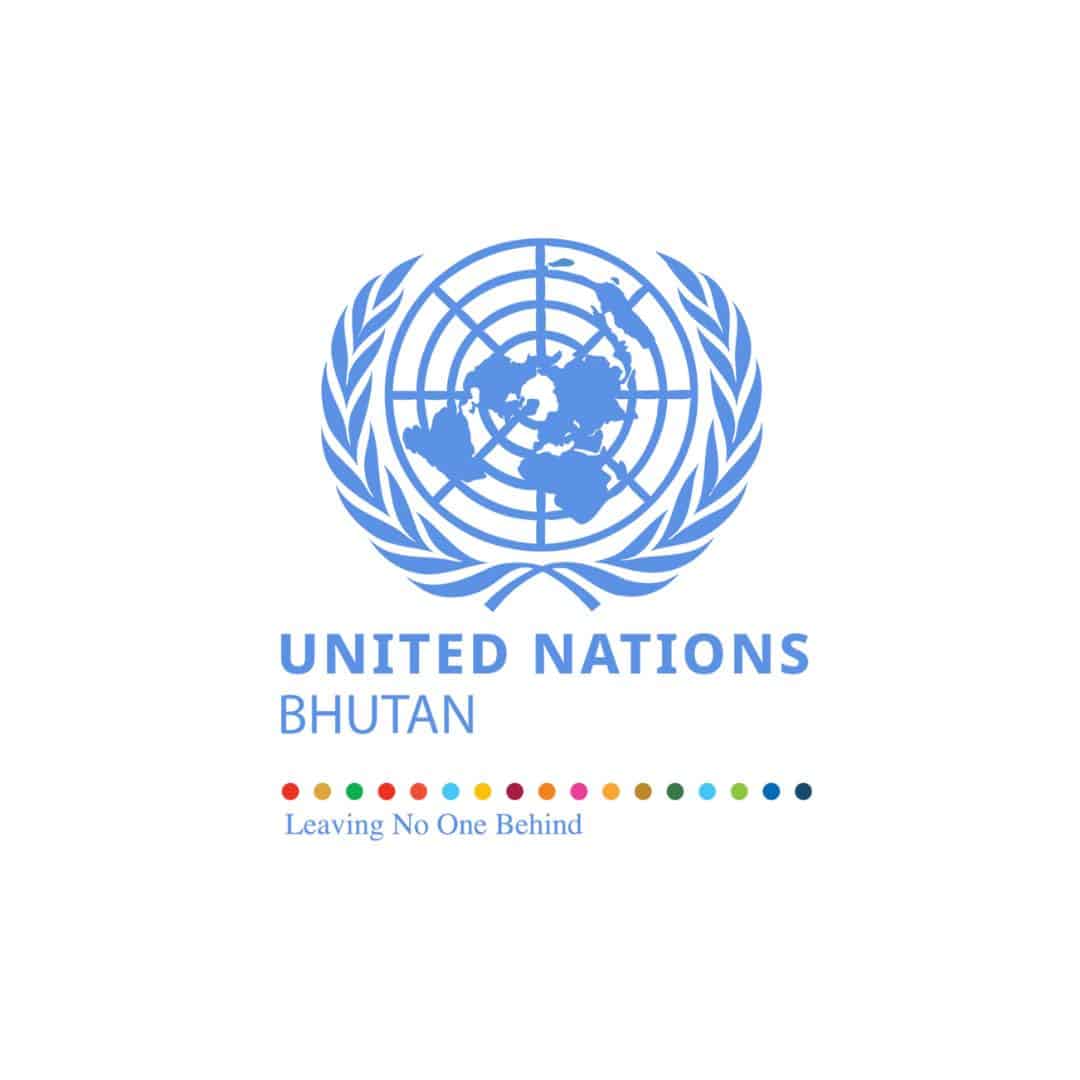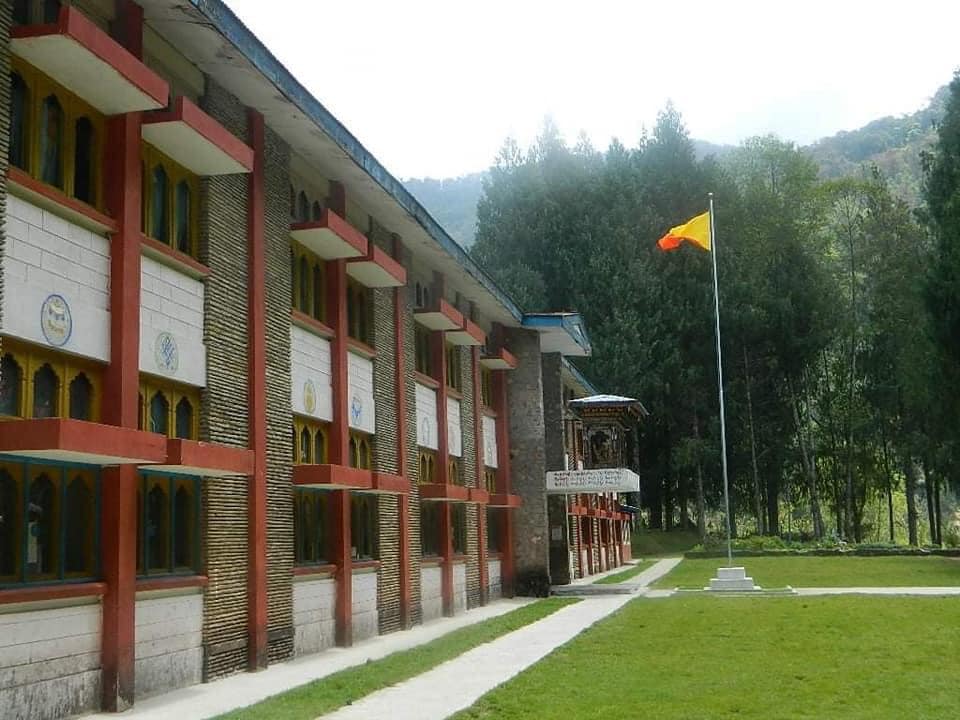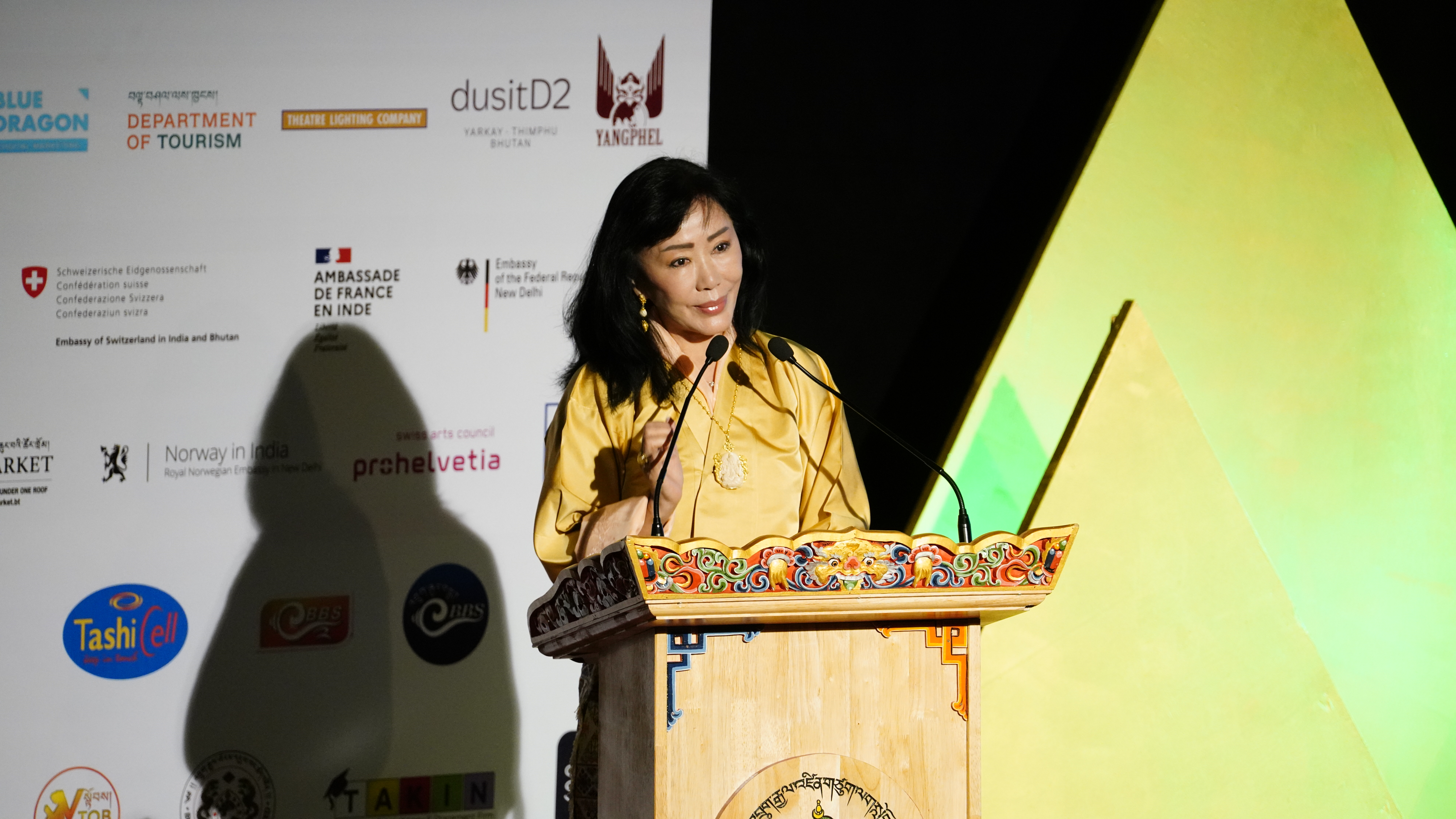Sabine Verhest studied journalism and photography. She works for La Libre Belgique, a daily leading Belgium newspaper, where she first covered the Europen Union and then directed the International Desk. She is now an International reporter, especially covering South-East Asia. In 2012, she published a book on Tibet. For her recent work on Bhutan, she got the Belgium fellowship Fonds pour le Journalisme. Helene Ferrarini, a Paris based freelance journalist interviews her for Business Bhutan.
Q. You recently published a serie of articles on Bhutan in La Libre Belgique. Could you tell us more about this work?
My idea was to start from the GNH policy – about which we have heard a lot – to see how Bhutan applies its four pillars: sustainable development, preservation and promotion of cultural values, conservation of the natural environment and good governance. In each of these sectors, what are the pitfalls and the success? My idea was also to see which lessons could we take for us, so-called “developed” countries. This work required two travels to Bhutan. The first one was in October 2014 and the second in May 2015.
Q. Why two journeys?
I first went to the capital, Thimphu, to meet the maximum of persons. I also went to Paro and I went out through Phuentsholing. Quickly I realised that I would not manage to give a real view of the Bhutanese society by staying in Thimphu and Paro. Because it does not represent Bhutan and its diversity. So I asked for a new visa and that time I entered through Samdrup Jonghkhar and I did the all way: Samdrup Jongkhar, Trashigang, Mongar, Lhuntse, Jakar, Bumthang, Trongsa… I could complete my work by collecting stories from villages, from the countryside and local representatives, to understand their reality.
Q. Does the Belgium readership know Bhutan ?
The people of Belgium are quite interested in mountains and trekking. Quite a lot of them travel in the Himalayas. Mountains are appealing to the “flat land” [Editor’s note: Belgium’s nickname due to its low altitude]. Moreover Belgium is the European country which host the most Tibetan refugees. So there is an interest for Tibetan Buddhism.
Q. Your first visit to Bhutan was in 2006. How did Bhutan change since 2006?
The most notable change to me was the roads. Especially between Paro and Thimphu, the road has improved a lot! This time coming from the East, I realized it was an endless work to build a good road network in Bhutan. But clearly, I could notice an improvement.
Q. You travelled from East to West, do you have a favorite place?
That may sound weird, because I know that is not usually the favorite place of people, but I like Mongar! Maybe because there was a religious festival when I was there so it adds a special touch to my stay there. I also met interesting people there. Besides that, there are so many beautiful landscapes. I really liked Trashiyangtse as well. The dzong of Luentse, high on the top of a hill, is also a very charming place.
Q. You could meet and interview a lot of persons in Bhutan. But is there someone you would like to meet and you could not?
Yes. I would love to meet Kunzang Choden, the national writer who wrote the book Circle of Karma. Or the 4th or the 5th King! I have a colleague who met the 4th King when he went to Bhutan in the 1990’s for our newspaper. The Foreign minister invited him for dinner. The 4th King and the all government officials were there.
I could not meet any minister there. I could meet the prime minister of Bhutan but only in Brussels. So I found it amazing how easy it had been for him to meet the government and the 4th King at the beginning of the 90s’. The country has changed.
Q. Any plan to visit Bhutan again?
I would like to go back to Bhutan to explore new topics: I am interested in wildlife. It is so rare for a country to preserve its wildlife, but it also creates conflicts with humans. I found it interesting. There is still so much to see and to learn. Bhutan is such a rich and original country, and does not exist anywhere else in the world.














